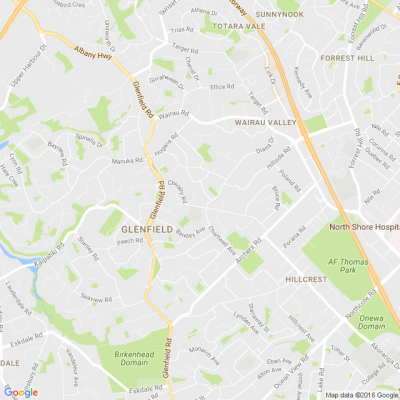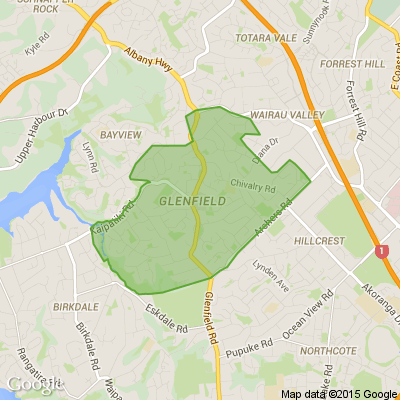Learn more about your garden ecology
Ever wanted to know more about the ecology of your garden? Or even just what some of the plants are?
We live in the midst of thousands of species of plants, and that's just the ones that are big enough to see!
Many are frequently mistaken for other, better-known species. "Dark nightshade" and "American nightshade" are both native to NZ and a valuable part of sunlit forest margin revegetation, attracting honeybees. Both these native species are usually mistaken for the common weed "Black nightshade", which itself is often mistakenly referred to as "Deadly nightshade", causing needless worry.
Once recognised, native grasses, sedges and mosses that emerge wild in our gardens can be nurtured to form a beautiful self-maintaining ground cover, keeping out the true weeds. This is especially effective between tiles and in cracked paving.
Near streams or runoff channels, conserving these wild plants is often the fastest and cheapest way to prevent erosion and improving water quality, as is well-recognised in stormwater policies.
Weed tree seedlings can be identified at 2cm high and uprooted in a second, rather than growing up to become troublesome and expensive pest plants, taking over the garden, some even needing to be felled by arborists. Brush wattles can grow to several metres high in a very few years.
Moth plant seedlings quickly become deep-rooted vines with toxic sap, invisibly sneaking behind and through shrubbery, hedges, trees and fences until removal becomes a big job.
As part of restoring local gardens, forests, streams and wetlands, we have learned to use the scientific plant identification process and the "Citizen Science" community to identify any plants, and many insects, we don't recognise.
We recognise the challenges faced by busy homeowners trying to manage weeds in the soil conditions commonly encountered in North Shore neighbourhoods.
In a one-hour visit we will identify your native and weed plants, assess your soil quality and weed control strategies, and offer new, chemical-free solutions if needed.
Scam Alert: Fake information regarding December Bonuses from MSD
The Ministry of Social Development is reporting that fake information is circulating about new ‘December bonuses’ or ‘benefit increases’
If you get suspicious communication, please contact Netsafe.

Today’s Mind-Bender is the Last of the Year! Can You Guess It Before Everyone Else? 🌟🎁🌲
I dance in the sky with green and gold, a spectacle few are lucky to behold; I’m best seen in the south, a celestial sight—what am I, lighting up the New Zealand night?
Do you think you know the answer? Simply 'Like' this post and we'll post the answer in the comments below at 2pm on the day!
Want to stop seeing these in your newsfeed? No worries! Simply head here and click once on the Following button.

Some Choice News!
Many New Zealand gardens aren’t seeing as many monarch butterflies fluttering around their swan plants and flower beds these days — the hungry Asian paper wasp has been taking its toll.
Thanks to people like Alan Baldick, who’s made it his mission to protect the monarch, his neighbours still get to enjoy these beautiful butterflies in their own backyards.
Thinking about planting something to invite more butterflies, bees, and birds into your garden?
Thanks for your mahi, Alan! We hope this brings a smile!








 Loading…
Loading…